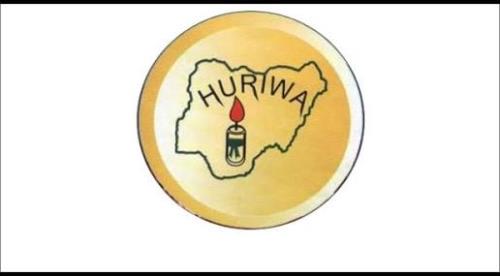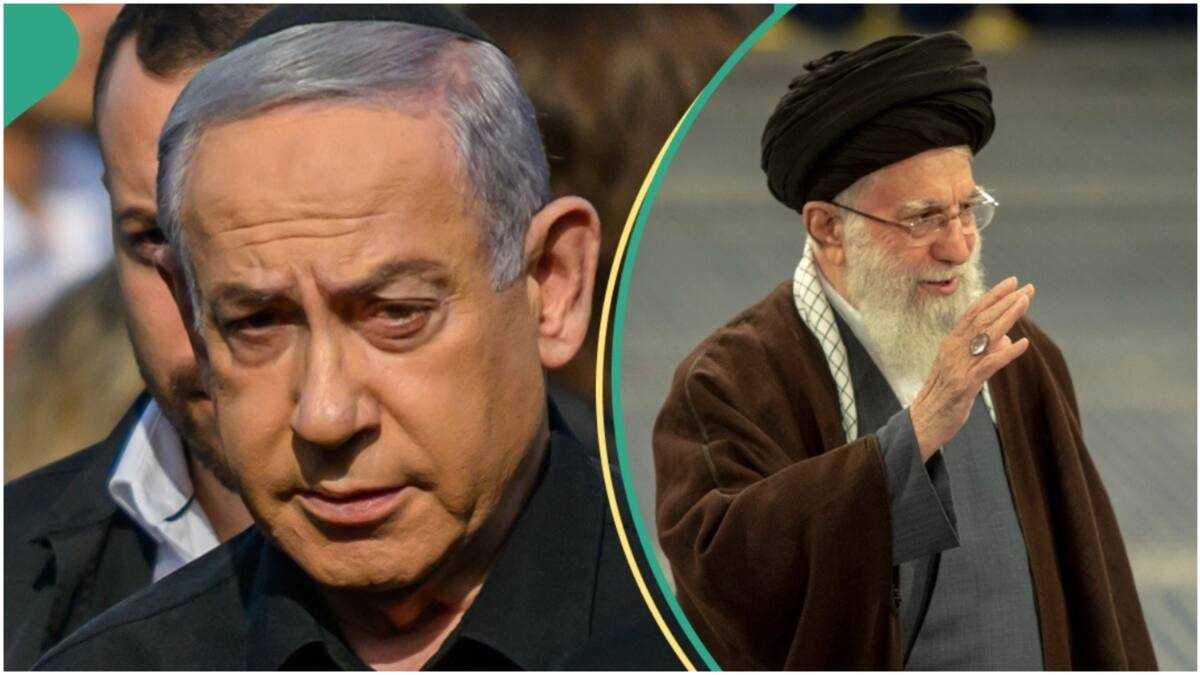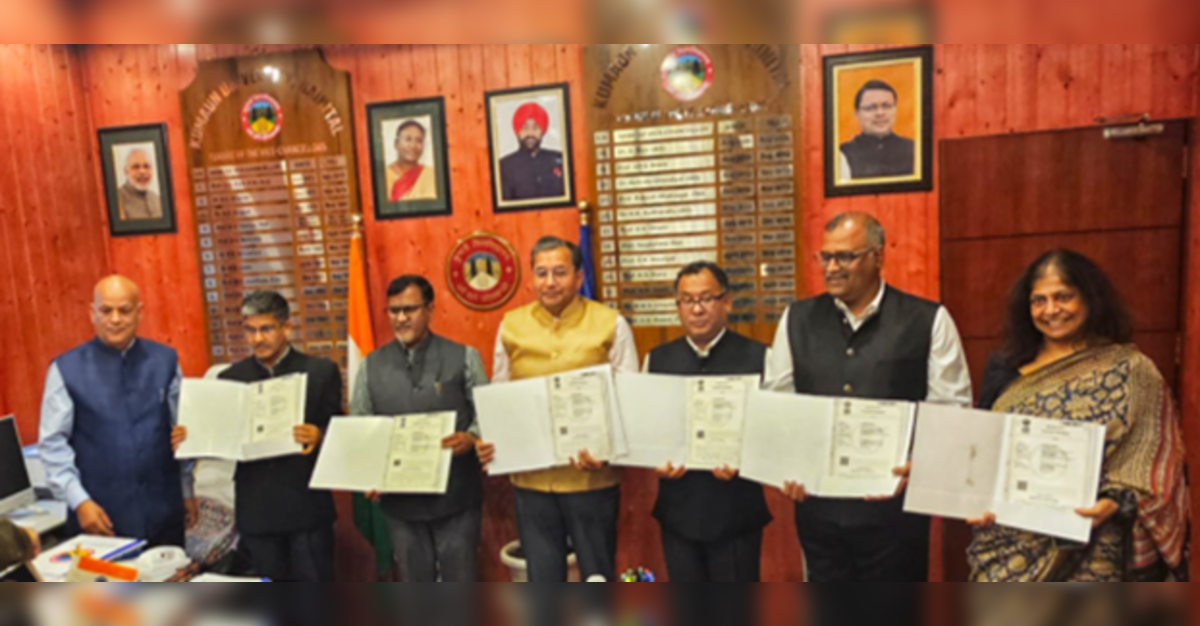Use your roles to drive Ghana's immunisation programme - Queen mothers urged
File photo of queen mothers
Daniel Adu Asomaning, the Monitoring, Evaluation and Safety Officer, Expanded Programme on Immunisation, Ghana Health Service (GHS), has charged traditional leaders, particularly queenmothers, to use their influence to drive Ghana’s immunisation agenda in the communities to ensure the achievement of set targets.
Speaking at a training workshop in Accra for 50 selected queenmothers from the southern part of the country, on Thursday, Mr Asomaning acknowledged the power and influence traditional leaders had on local communities, stating that they had a crucial role to play to dispel the myths surrounding vaccinations and immunisations.
“I encourage you to advocate to people in your communities that immunisation is an investment, not an expenditure, and that the life of our children matters,” he urged the queenmothers.
The training, organised by the Ghana Coalition of NGOs in Health (GCNH) and the GHS, was to empower the traditional leaders with the requisite knowledge and skills to effectively educate their communities on the importance of immunisations to dispel long-standing myths that had hindered vaccine uptake.
It also focused on building the capacity of the queenmothers to educate caregivers about the importance of taking children, aged zero to five years, for routine immunisation.
The training also touched on the new Human Papillomavirus (HPV) vaccine for girls aged eight to 13 years, set to be launched in September 2025, which will protect them against cervical cancer.
Mr Asomaning described Ghana’s immunisation programme as “one of the best worldwide,” noting that with its decentralised processes, immunisation could reach every locality.
He dispelled the fear about the negative narrative that surrounded immunisations, assuring that all vaccines were safe and free.
“Every vaccine is researched before being released to the public,” he said.
Mr Bright Amissah Nyarko, the National Chairman, Ghana Coalition of NGOs in Health, highlighted the crucial role traditional leaders, specifically queenmothers played in the Ghanaian community.
“Our Queens, as we know, are highly respected in the community and they help us to sustain all activities, social activities that are done in Ghana, especially for health,” he said.
The target of the training, Mr Nyarko said, was to empower queenmothers in over 10,000 communities across 100 districts of the country to effectively carry out the outreach programme, adding that funds would be allocated to them to facilitate their work.
“We know we are also in a pandemic era, as we experienced COVID-19 and now M-Pox. So, this training is empowering our Queenmothers to be able to provide education to communities, especially mothers and young girls,” he added.
Mama Atrato II, Queenmother of Ho-Dome in the Asogli State, lauded the training, describing it as “very crucial” in obtaining a high patronage of immunisation programmes.
“We organise women, we organise children, so to impart to them the idea of this immunisation, I think we are the right people to be trained for this course,” she added.
Nana Amoako Gyanpah I from Aseseso in the Eastern Region, described the training as “enlightening” as it had empowered her to debunk misconceptions in her community about immunisations.
She added that they would complement the efforts of the nurses in sensitising community members to increase the patronage of vaccinations.
“If we rise and speak with the community, people listen to us for the vaccine to be administered,” she said.
Meanwhile, watch as GhanaWeb investigation uncovers far worse environmental scare than digging for gold below








:max_bytes(150000):strip_icc()/grocery-shopping-GettyImages-1161650232-056facce39294b66b09b724ee69fe020.jpg)



